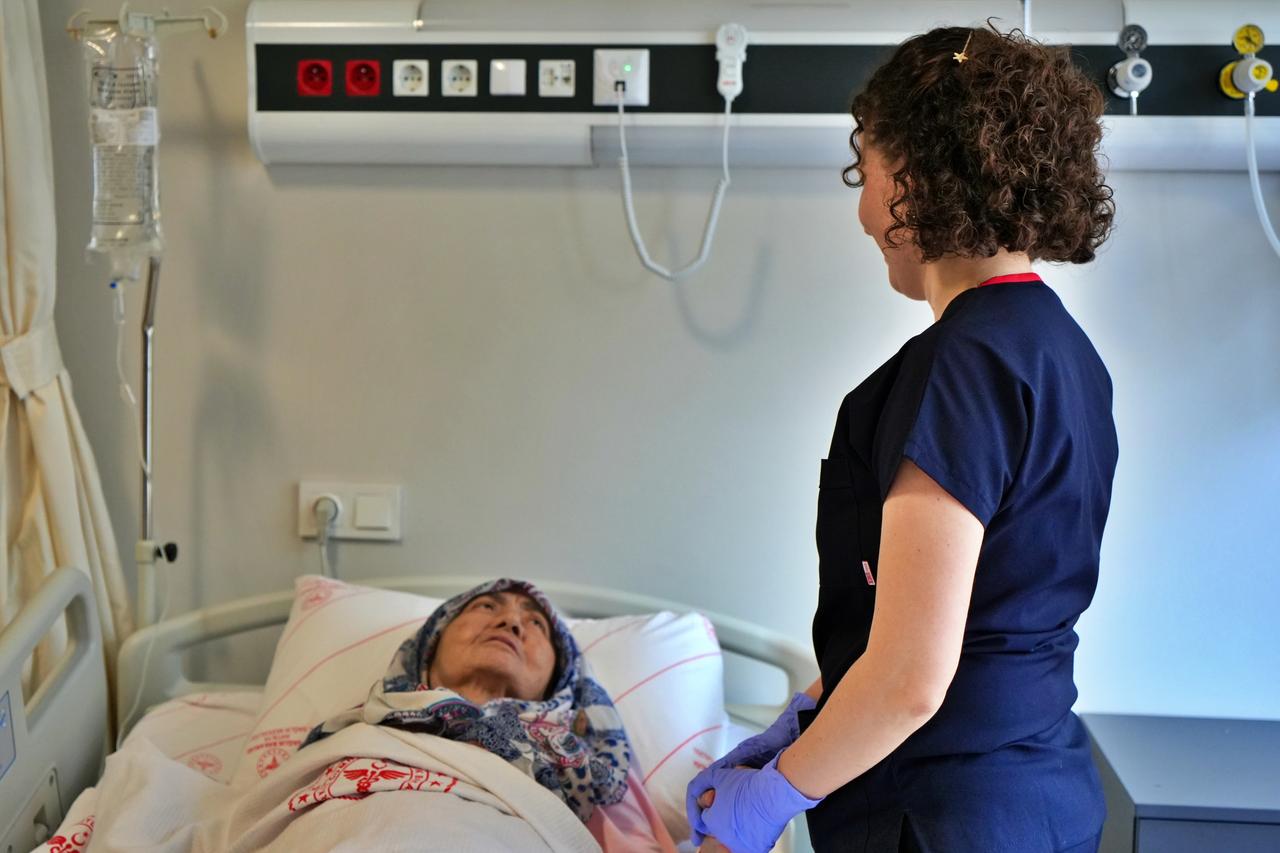
A growing number of nurses are leaving Türkiye, driven by a confluence of economic hardship, political discontent, and unsafe working environments, a recent mixed-method study has found. The research, led by academics Havva Arslan Yurumezoglu and Hatice Camveren, outlines a concerning brain drain trend that threatens the sustainability of Türkiye’s health care system.
Using both quantitative and qualitative methods, the study surveyed 237 nurses and interviewed 20 in depth, revealing that over 40% cited poor economic conditions as their primary reason for planning to migrate. The majority of nurses eye destinations like Germany, the United States, and the United Kingdom—countries perceived to offer better pay, professional respect, and safer work environments.
Economic struggles top the list of push factors. Inflation in Türkiye has dramatically reduced the purchasing power of health workers. During the interviews, a nurse stated that she could no longer make a decent living on her salary.
In contrast, the promise of competitive wages, social welfare benefits, and professional autonomy in Western countries acts as a strong magnet. Over 41% of respondents said they were primarily drawn to these better economic conditions abroad.
The study found widespread disillusionment with how nursing is perceived within Türkiye. Nurses reported feeling undervalued by both the public and their own healthcare institutions. “There is no professional awareness among my fellow nurses,” one participant shared. “We are experiencing an identity crisis.”
Low social prestige and lack of collegial support emerged as core themes. In many cases, nursing students were reportedly mistreated by clinical staff, setting the tone early for dissatisfaction and career uncertainty.

According to research, workplace violence is alarmingly common. The study reveals that nurses often face abuse not only from patients and their families but also from senior medical staff and hospital administrators. Efforts to address violence, such as Türkiye’s "Code White" emergency alert system, were described as ineffective or even burdensome.
“If we call Code White for every patient who insults us, we would spend all our time in court,” said one nurse, underscoring the legal and emotional toll of their work environment.
In the study, nurses pointed to a lack of merit-based hiring and promotion practices, coupled with increasing state interference in hospital administration.
Others expressed concerns about the rising number of refugees in the country, cultural shifts, and a general sense of alienation. “We feel like foreigners in Türkiye now,” one participant confessed.
Female nurses, especially those with children, voiced worries about safety and gender-based violence. The fear of raising children in an unstable social and political environment added urgency to their decision to emigrate.

Perhaps most concerning is that those preparing to leave are often among the most skilled and motivated in their profession. They are younger, university-educated, and highly aware of international opportunities, often finding migration advice and encouragement through social media platforms.
The study warns that this selective emigration could severely damage the long-term viability of Türkiye’s health sector. "The loss of career-oriented professionals risks widening gaps in service quality and healthcare access," the researchers note.
To stem the tide, the study urges urgent reforms: improving wages, enforcing workplace protections, and restoring meritocracy in health care management. It also recommends that policymakers engage directly with nurses and their professional associations to build a more supportive environment.
Interestingly, the same social media that nurses use to plan their exit could be repurposed to highlight improvements and encourage retention, the study suggests.
As the world faces a predicted shortage of 9 million nurses by 2030, retaining talent at home is becoming not just a domestic issue, but a global imperative.